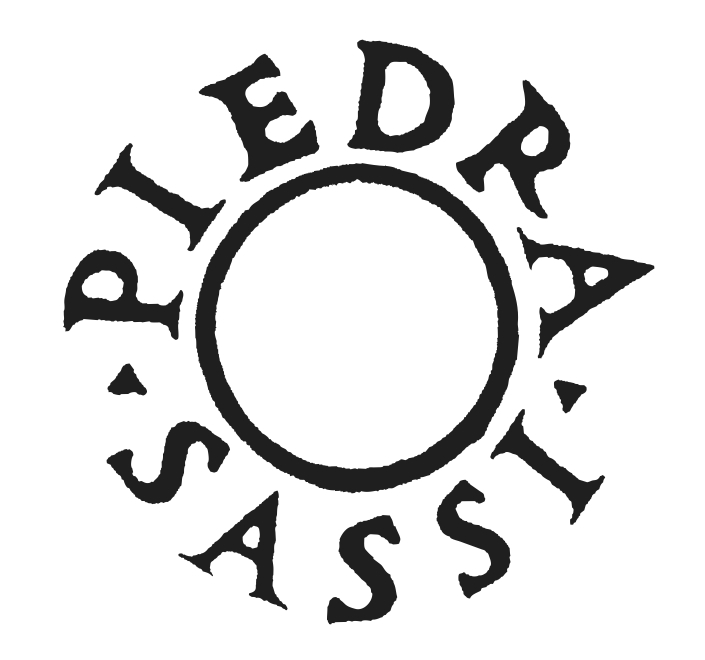When we decided to build the bakery, we suspected that we would be able to rely on the city of Lompoc for only part of our business. We are just too small a town to support an endeavor like this full time! So from the beginning, we were already talking about how we could distribute a perishable product like bread beyond our hometown.
One thing we have learned through our winery is that our favorite part of sharing what we make is being face to face with our customers. We knew we wanted to bring the bread and our story directly to folks, instead of relying solely on wholesale accounts to help us spread the word. Where could we do that outside of Lompoc? Of course: farmers' markets. So off we went to the Santa Barbara Farmers' Market Association.
Bread sounds great, they said. But you have to produce it.
Yeah, yeah, we said. We're building a bakery, we're baking the bread.
No, you misunderstand. If you're going to be selling bread here, you've got to grow the _wheat_.
Ok, so at first, as a business owner I was annoyed. Grow the WHEAT? Madness. Then, as a consumer and someone who shops these markets regularly, I was proud. How great is it that we live in this place where this kind of strict regulation is possible for a twelve-month market of first-rate quality and amazing variety? Where buying at the farmers' market definitely means you are buying directly from the grower--no produce wholesalers, no middlemen?
(Public Service Announcement: If you sell at an SB Certified Farmers' Market, you don't have to grow EVERYTHING on your table. The only folks allowed to sell at these markets are California Ag Commission-certified producers: farmers who have registered their list of farmed crops and acreage with the state. You have to grow the vast majority of what you sell, and if it is possible to grow locally any of the ingredients in packaged food like a loaf of bread or a pie, you better believe the Farmers' Market Board leans on you pretty hard to grow them yourself. It's kind of an insane amount of bureaucracy, but in the end it seems to work, and it's pretty fantastic news for the consumer and for the general promotion of direct, local food sourcing.)
Oh well, I said to Sashi as we drove home. Nice idea, but I guess we won't have our bakery, because--I laughed--we're not going to grow wheat.
Then there was a very pregnant pause in the conversation. (These pauses usually go badly for me in the end. They often happen in Scrabble games, cribbage hands, and chats about the business.)
I think we can do it, Sashi said. I think we can grow the wheat.
Those of you who have spent any time with Sashi know he is a very determined person.
We planted early this year.
Folks who live in any agricultural community will understand that northern Santa Barbara County is a very small place. Knowing ranchers and ranch managers, farmers and farmhands, from years of buying grapes, making wine, and frequenting the farmers' markets, we were able to quickly lease some land and find someone to help us figure out what the heck we should be doing with it. Kate went to a kneading conference (really!) and found some people who helped us procure seed. (BTW: Yes, Virginia, there is a California Wheat Commissioner. We know you've been wondering.)
We now have about 20 acres of wheat growing in Ballard Canyon and Santa Rita Hills, split about evenly between the two spots. We are growing a few different varieties at both sites, trying to figure out what does best in each microclimate. Harvest is in the late summer; we'll drive the wheat down the road to our local seed mill (Hi, Lompoc Valley Seed & Milling!) to separate the wheat berries from the other stuff, and then will start milling flour at our bakery. In the fall, we'll be able to sell at the 100% Producer Certified markets nearby.
(Side note: I never really thought I'd be able to use the phrase "separate the wheat from the chaff" in any other than metaphorical terms.)
Then there was a very pregnant pause in the conversation. (These pauses usually go badly for me in the end. They often happen in Scrabble games, cribbage hands, and chats about the business.)
I think we can do it, Sashi said. I think we can grow the wheat.
Those of you who have spent any time with Sashi know he is a very determined person.
We planted early this year.
